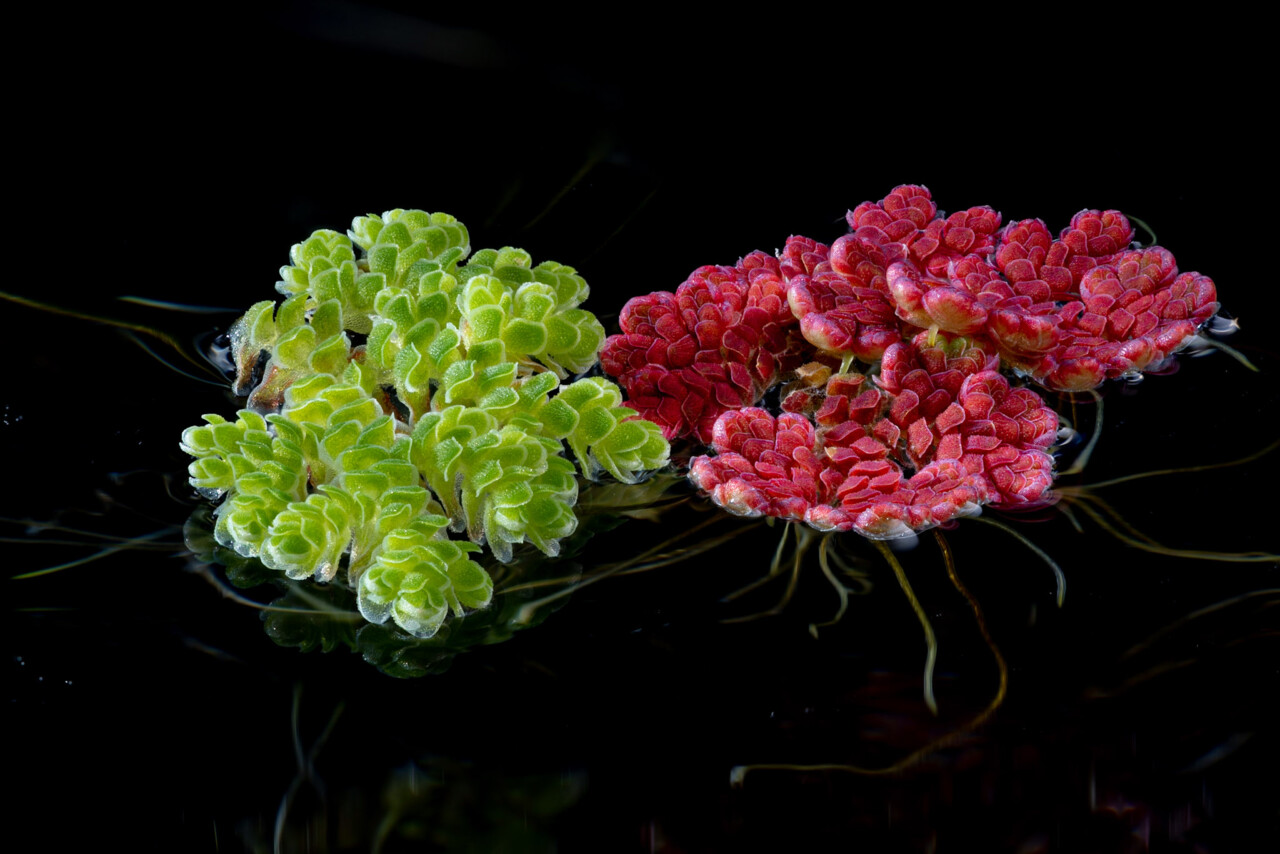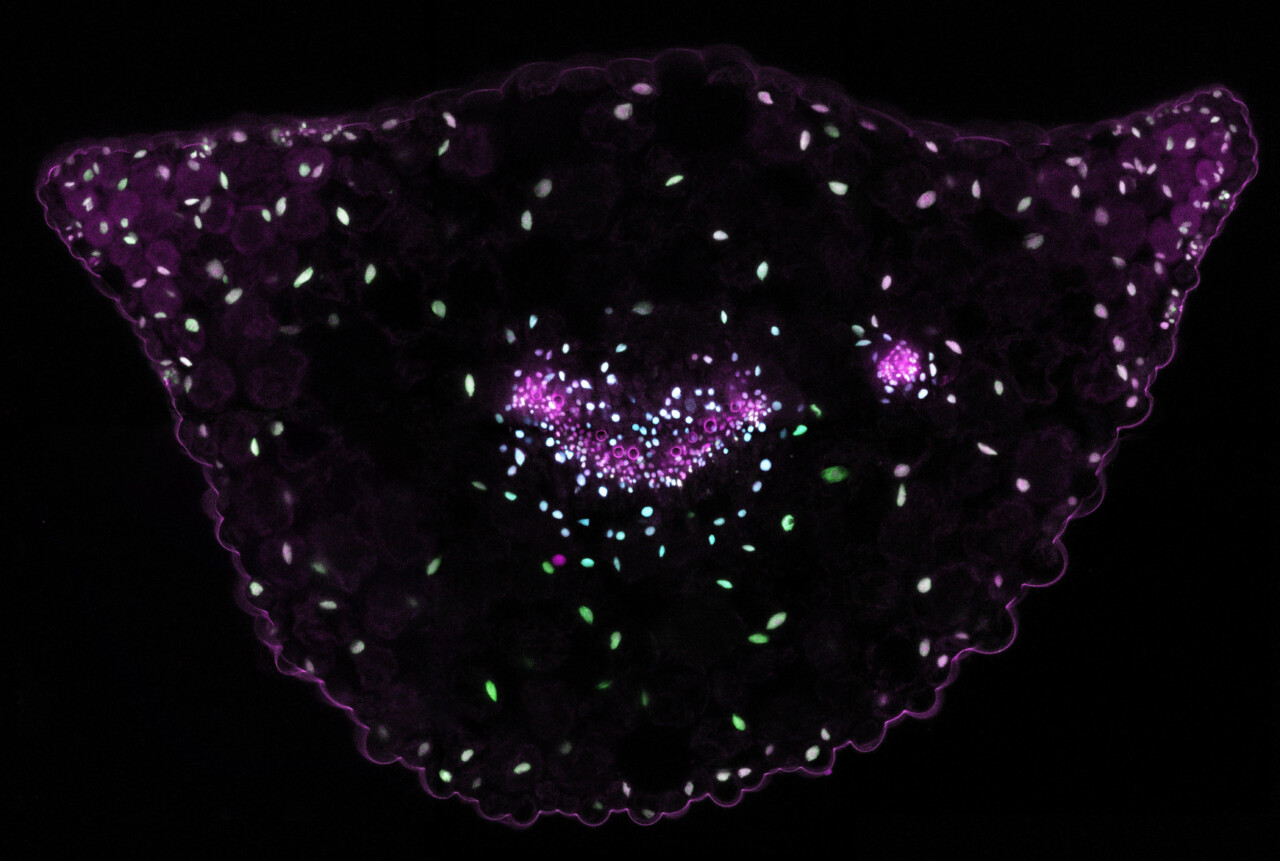Open Science: A Practical Guide for Early-Career Researchers
Open Science
Reliable science is not the sole work of superhuman geniuses, but a collaborative process. Researchers rely and build upon each other’s work. Together, we build theories, collect evidence and assess the research of colleagues. However, we can only build upon others’ work if we know exactly what our predecessors have done: What were their methods, relevant materials, data and outputs? Therefore, sound science ideally equals Open Science, in which all phases of the research cycle are as transparent and accessible as possible.
About this guide
Beginning researchers are an important link in the transition to Open Science, so this guide is aimed at PhD candidates, Research Master Students, and early-career researchers from all disciplines at Dutch universities and research institutes. It is designed to accompany researchers in every step of their research, from the phase of preparing your research project and discovering relevant resources (chapter 2) to the phase of data collection and analysis (chapter 3), writing and publishing articles, data, and other research output (chapter 4), and outreach and assessment (chapter 5). Every chapter provides you with the best tools and practices to implement immediately.
A Practical Guide to Preprints: Accelerating Scholarly Communication
Preprints
Preprints are [academic] manuscripts that have not been peer-reviewed or published in a traditional publishing venue. In Open Science and academic publishing, the preprint increasingly appears on the radar as an important element in academic communication. By posting preprints, academics can rapidly share their findings and build upon each other’s work.
But, to what extent do they differ from articles published in an academic journal? How to post a preprint yourself and by, which preprint archive? How to interpret the research results published through preprints?
About the guide
The guide aims to support both researchers and members of the general public (journalists, patients, healthcare workers, etc.) from, but not limited to, the Netherlands answering these and other questions through sharply defined chapters and frequently asked questions.
Predatory and Questionable Publishing Practices: How to Recognise and Avoid Them
Predatory publishers
Predatory publishers can harm scholars and their institutions financially and reputationally by charging a fee for no peer review or publishing service at all. Predatory publishers and questionable publishing practices have a negative effect on the credibility of the published scholarly record and the scholarly community as a whole.
How can you recognise and avoid these practices and publishers? What if you have submitted an article to, or are in a publishing process with, a publisher and something goes wrong or seems inaccurate?
About this guide
This guide, written by open access specialists at universities across the Netherlands, provides insight and practical advice for authors on how to avoid questionable and predatory journals.
Guide to Creative Commons for Scholarly Publications and Educational Resources
About this guide
This guide wants to inform researchers about the Creative Commons (CC) licence system. What licence to choose when publishing a paper or book or sharing an article through a repository? And what licence to apply when sharing your teaching materials? The guide wants to help choose the right licence by addressing several frequently asked questions and common concerns expressed by researchers about the use of CC licences.



